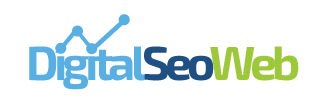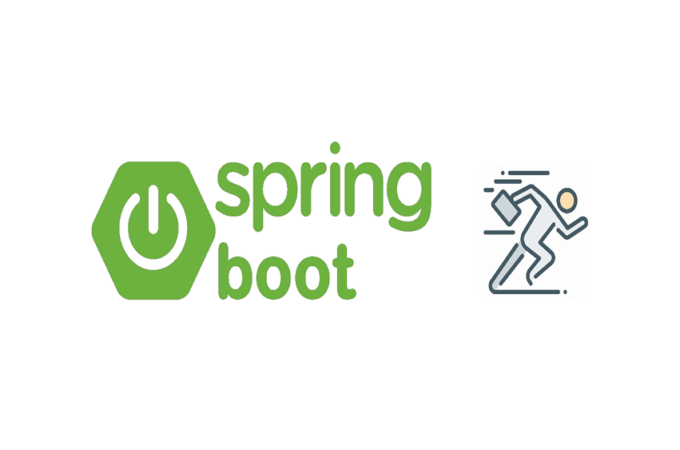
A Deep Dive into the Best CMS for Media Companies
What Is a CMS for Media Companies?
A CMS, or Content Management System, is the technological backbone for media companies, publishers, and news organizations. Unlike a standard CMS (like WordPress or Squarespace) that might serve a wide range of websites, a media-specific CMS is built to handle the unique demands of modern publishing. It’s designed for high-volume content, real-time updates, multi-channel distribution, and complex monetization strategies.
At its core, a CMS for a media company is more than just a place to write and publish articles. It’s a comprehensive platform that manages the entire content lifecycle, from ideation to archiving. This includes:
- Content Creation: Providing a collaborative environment for editors, writers, and contributors.
- Workflow Management: Handling a complex editorial process with multiple stages of review, approval, and scheduling.
- Media Asset Management: Storing, organizing, and delivering a vast library of images, videos, audio, and other digital assets.
- Distribution: Pushing content to multiple platforms, including websites, mobile apps, social media, and newsletters.
- Monetization: Integrating seamlessly with advertising platforms, paywalls, and subscription models.
- Analytics: Providing real-time data on content performance, audience engagement, and revenue.
Key Features to Look For
Choosing the best CMS for media companies can be the difference between a thriving digital publication and one that struggles to keep up. When evaluating your options, look for these critical features:
- Robust Editorial Workflow: The system should support a multi-step approval process. This ensures quality and accuracy, allowing you to define roles for writers, editors, proofreaders, and publishers.
- Scalability and Performance: Media websites experience massive traffic spikes, especially during breaking news events. The CMS must be built to handle this scale without slowing down or crashing. It should have a fast, reliable architecture that ensures a smooth user experience even with millions of concurrent visitors.
- Flexibility and Customization: A one-size-fits-all approach doesn’t work for media. The CMS should allow for a high degree of customization to match your brand’s unique design and content requirements. It should support custom content types, layouts, and integrations.
- Multi-Channel Distribution: Your content needs to be everywhere your audience is. The best CMS platforms allow you to publish once and distribute everywhere—to your website, mobile app, Apple News, Google AMP, and various social media platforms.
- Advanced Monetization Tools: The CMS should have native support for a wide range of revenue models. This includes robust ad management, flexible paywalls (for subscriptions), and e-commerce integrations.
- API-First Architecture: This is a crucial feature for modern media. An API-first CMS allows you to use your content across any device or platform by separating the content backend from the front-end display. This gives you the flexibility to build custom mobile apps or integrate with emerging technologies without being tied to a single presentation layer.
- Comprehensive Analytics: Real-time data is essential for making smart editorial and business decisions. The CMS should provide deep insights into content performance, audience behavior, and revenue streams, often integrating with tools like Google Analytics or your own data warehouse.
The Best CMS for Media Companies: A Breakdown
While there is no single “best” CMS for every media company, the ideal choice depends on your size, technical expertise, and specific needs. Here are some of the top contenders in the media CMS space:
Enterprise-Grade Solutions (For Large Publishers)
- Arc Publishing (by The Washington Post): Originally built for The Washington Post, this CMS is a powerhouse designed for massive scale and complex editorial operations. It offers a full suite of tools for content creation, subscription management, and distribution. Its API-first architecture makes it highly flexible.
- TownNews: A popular choice for local and regional news organizations. TownNews offers a complete digital publishing suite that includes a CMS, mobile apps, and ad management tools. It’s known for its comprehensive, all-in-one solution.
- CoreMedia Content Cloud: An enterprise-level CMS that excels in handling large volumes of rich media and personalized content. It’s a good choice for media companies that also have a strong focus on digital experience platforms (DXP).
Flexible & Developer-Friendly Options
- Contentful: A headless CMS that provides an API-first platform for managing content. It’s not a complete out-of-the-box solution, but its flexibility allows developers to build highly customized, scalable front-ends. It’s perfect for companies that want full control over their presentation layer.
- Strapi: An open-source headless CMS. This is a great option for media companies with in-house development teams who want to build a completely custom solution without the high licensing costs of a proprietary system.
Popular & Accessible Options
- WordPress (with Plugins): While WordPress is a generalist CMS, it can be a viable option for small to medium-sized media outlets with the right plugins and a robust hosting solution. Plugins for ad management, paywalls, and workflow can extend its functionality to meet publishing needs.
Conclusion
The right CMS is more than a tool; it’s a strategic asset that empowers a media company to create, distribute, and monetize its content effectively. Before making a decision, take a deep dive into your organization’s specific needs, your technical capabilities, and your long-term growth goals. The ideal CMS will be the one that not only meets your current demands but also gives you the flexibility to adapt to the ever-evolving digital landscape.




